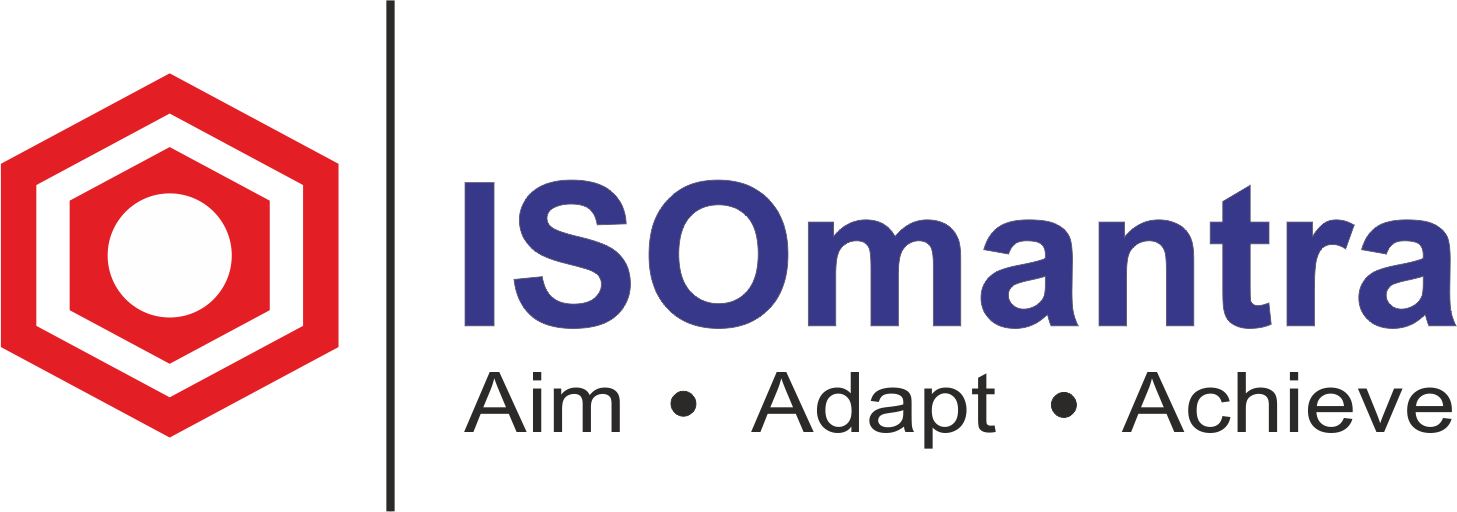Organizing and Carrying Out a Management Review
What does a management review accomplish?
It is a method of assessing the efficiency and effectiveness of a company’s management system. According to ISO standards, management systems must remain focused on the organization’s goals while striving for continuous improvement.
When an organization’s management system is ineffective, employees become disinterested, uncertain, and confused. The management system of a company should be reviewed on a regular basis to ensure that the current procedures are still appropriate, sufficient, and effective. This is done to ensure that the performance of the management system is constantly monitored.
Continuous improvement necessitates the routine review and enhancement of an organization’s processes. Key performance indicators (KPIs) are generated by a company’s management system and used to make data-driven decisions, identify areas for improvement, and assess and manage business risks.
This article will go over the various ways that management reviews can help a growing business, as well as how to implement them.
What are the specific goals of management reviews?
When running an ISO-accredited management system, routine management reviews are required. These tools can be used to determine and assess management system performance, the need for improvement, and the appropriateness of business policies and objectives.
• Examine both the company’s actual performance and the system’s results.
• Examine patterns in problem occurrence to improve methods for addressing the underlying causes.
• Make certain that your company’s quality objectives and key performance indicators are met.
• Learn from the mistakes of others.
• Keep track of all subsequent preventive and corrective actions.
An in-depth examination of the performance of your management systems identifies areas for improvement and necessary changes.
Who should be in charge of a management review?
Only those in positions of authority are subjected to management reviews. The person in charge of the entire Management System should preside over the meeting.
When is the best time to evaluate the overall performance of the company?
Management reviews should be conducted more frequently in larger organisations, but this is not required. ISO standards necessitate regular management reviews, which must be carried out on a regular basis.
The frequency of management reviews is ultimately determined by the company. To qualify for ISO certification, a documented procedure or management system process must specify how frequently reviews will be conducted.
Putting together and carrying out a management review
It is recommended that reviews of various management systems be combined whenever possible to ensure larger participation. The impact on the resource is reduced because there is no need for potential duplication of discussion.
Each review meeting must have a predetermined agenda to keep discussions on track. This schedule should be communicated to team members ahead of time and adhered to.
• Is the current management system producing the desired outcomes?
• It is impossible to overestimate the importance of being relevant to the organization’s current needs.
• Is there any evidence that it improves over time?
• Is the company abiding by all applicable laws and regulations?
• Is this what you hoped to accomplish? Is our focus where it should be? What exactly is our level of performance?
• Any issues, flaws, or improvements will necessitate resource allocation.
• What are the various types of process improvements that can be implemented?
• If that’s the case, have you completed all of the steps you took to address the issues raised during the previous management review?
During the meeting, any potential issues, performance gaps, or inefficiencies should be communicated to management. Corrective actions should be documented and assigned following agreement.
Without proper planning and preparation, scheduling, planning, implementing, and documenting management review activities can be difficult.

